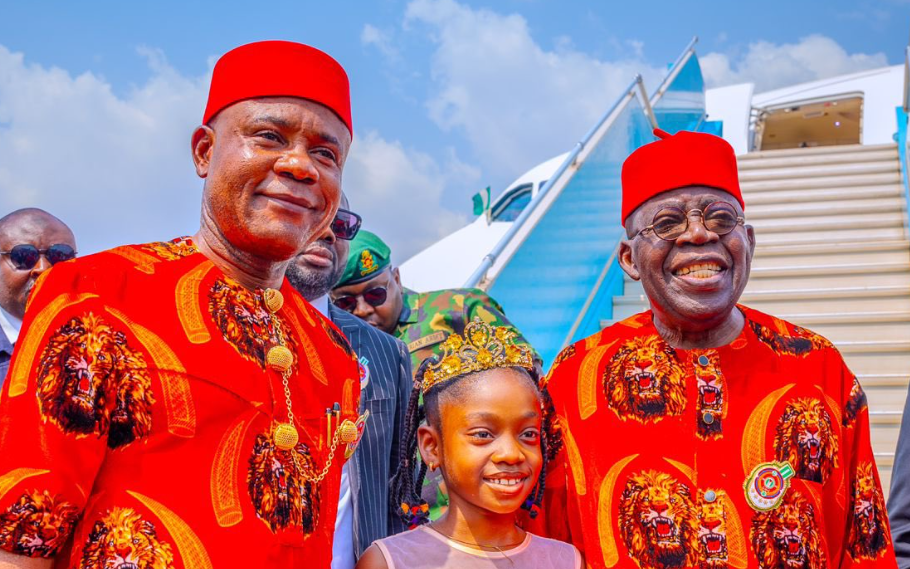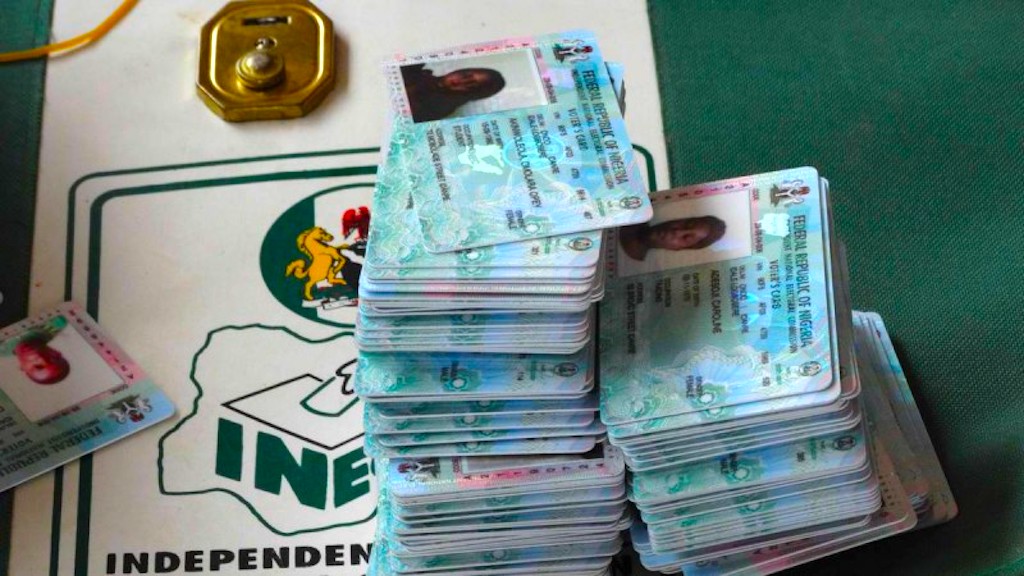Nigeria’s National Assembly has proposed a landmark reform of the country’s electoral process, introducing major changes to voter identification and the timing of elections. The reforms are outlined in the Electoral Act (Amendment) Bill 2025, presented on Monday during a joint public hearing of the Senate and House Committees on Electoral Matters in Abuja.
The bill seeks to repeal the Electoral Act 2022 and replace it with a technology-driven legal framework that strengthens transparency, expedites dispute resolution, and enhances voter verification processes ahead of the 2027 general elections.
New Election Timetable
Under the proposed amendment, presidential and governorship elections must be held no later than 185 days before the end of the current administration’s tenure. This change effectively shifts Nigeria’s next general elections from February to November 2026.
Lawmakers explained that the adjustment aims to ensure that all election petitions are resolved before the May 29 inauguration date, preventing post-swearing-in legal disputes.
However, members of the joint committee noted that the success of this timeline would rely heavily on judicial efficiency. They cautioned that delayed rulings or rerun orders by the Supreme Court could still pose constitutional challenges, emphasizing the need for reforms within the judiciary to manage electoral litigation swiftly.
BVAS to Replace PVCs
One of the bill’s most significant innovations is the replacement of the Permanent Voter Card (PVC) with the Bimodal Voter Accreditation System (BVAS) as the primary means of voter verification.
According to the draft bill, “The use of the Permanent Voter Card will not be compulsory since the BVAS does not rely on the PVC’s microchip for voter recognition.”
Instead, registered voters will be able to download and print their voter cards online, reducing the dependence on INEC-issued PVCs. Lawmakers believe this digital shift will curb the buying and selling of PVCs, enhance accessibility, and improve the integrity of the electoral process.
The proposal revises Sections 18 and 47 of the current Electoral Act and removes Section 22, paving the way for a fully digital voter management system.
Stricter Party Nomination Rules
The amendment also introduces new deadlines and accountability measures for political parties.
All parties will now be required to submit their list of candidates at least 210 days before the general elections. Only candidates who emerge from valid and transparent primaries will be recognised by the Independent National Electoral Commission (INEC).
A new clause also permits rival candidates to challenge nomination processes in court, provided such suits are filed either in the jurisdiction where the alleged irregularity occurred or at the Federal High Court in Abuja.
Constitutional Alignment
To support these sweeping reforms, lawmakers are also considering a complementary constitutional amendment. This would transfer the authority to determine election timelines from the Constitution to the Electoral Act, giving the legislature more flexibility to adjust electoral schedules in the future without undergoing the lengthy constitutional amendment process.
Next Steps
For the proposed Electoral Act (Amendment) Bill 2025 to become law, it must be passed by both the Senate and the House of Representatives before being forwarded to President Bola Tinubu for assent. Once approved, INEC will be required to revise its election timetable, making the November 2026 general elections the earliest in Nigeria’s democratic history.
If enacted, these reforms could mark a turning point in Nigeria’s electoral evolution, replacing physical voter cards with a digital, BVAS-driven verification system and ensuring that election disputes are resolved before new leaders take office.











